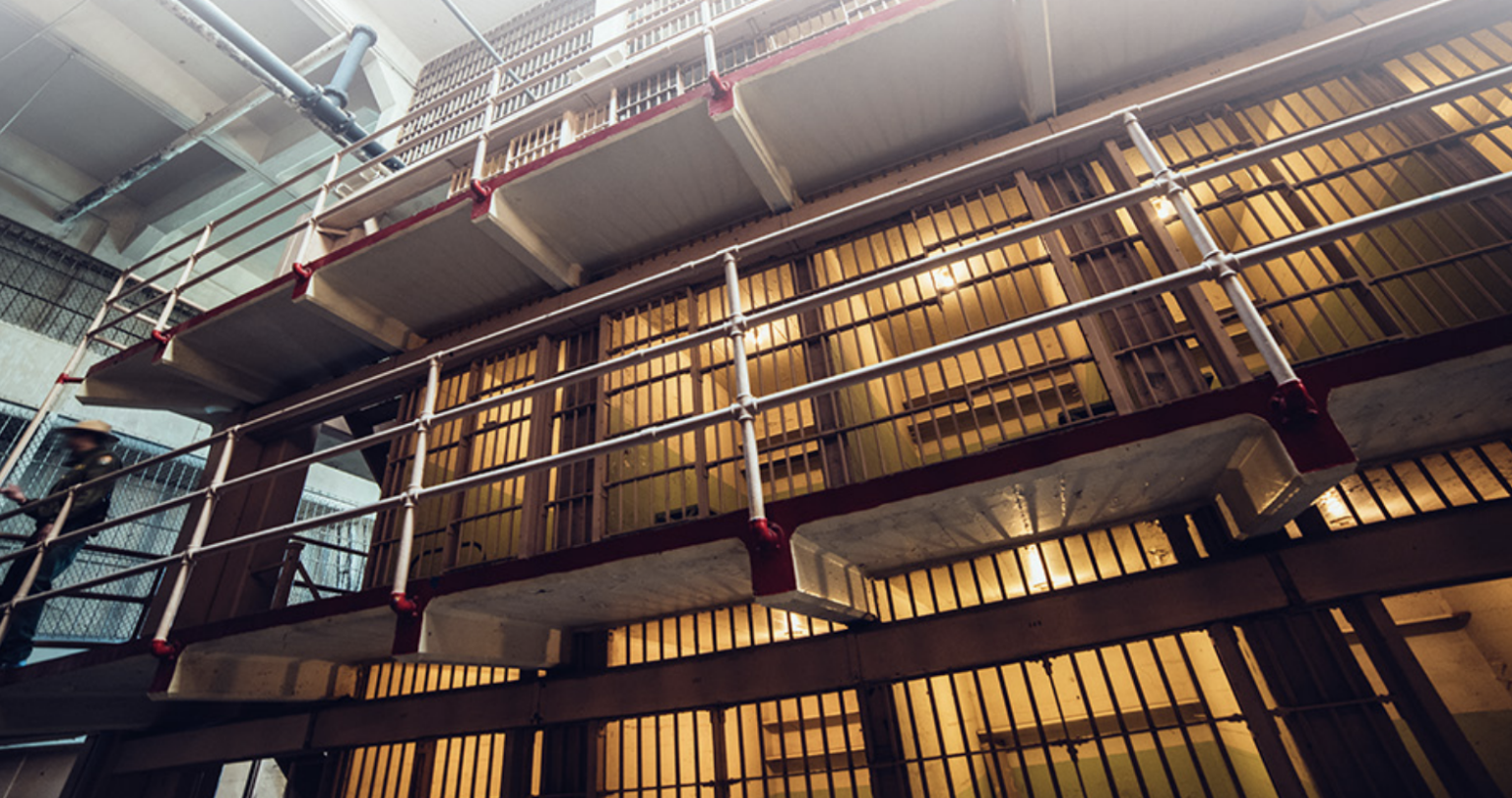Families of incarcerated people are pressuring Massachusetts state lawmakers to pass a bill to rule out building any new jails or prisons. The legislation would put a five-year moratorium on any construction or expansion of such facilities. Lawmakers have delayed its consideration until April 15.
But as this bill is being considered, the state government is proposing to build a new women’s prison, at a cost of $50 million. This would replace an older, decrepit facility: MCI-Framingham. Framingham is the oldest women’s state prison in the country; under 200 people are currently incarcerated there.
Local advocacy group Families for Justice as Healing has demanded that the state invest tax money not into more prisons, but into its most vulnerable residents. “We can invest in communities so all families have dignified housing, better-funded schools, treatment and healing centers, gardens and green space, community spaces, and flourishing local businesses,” they wrote.
According to state estimates, each person locked up in Framingham costs Massachusetts over $117,000 per year. It’s an abject failure of a prison. In 1998, the state settled a lawsuit related to nighttime torture and abuse of over 100 women by prison guards. And in June 2020, a COVID-19 outbreak led to over half of the incarcerated women contracting the coronavirus.
Supporters are framing the bill as an opportunity to “[end] incarceration of women and girls.”
Senator Joanne Comerford and Representative Chynah Tyler first introduced the bill in March 2021. After months of inaction, Senate lawmakers finally considered it in a regulatory committee. They “reported favorably” on it in January 2022, and referred it to the Ways and Means Committee. Meanwhile, the House Judiciary Committee is still sitting on it but has set a deadline to consider it by April 15.
On February 14, Families for Justice as Healing led a rally outside the Massachusetts State House to draw attention to the bill. Supporters are framing it as an opportunity to “[end] incarceration of women and girls.” Massachusetts already has the lowest rate of female incarceration in the US, according to the Sentencing Project. Advocates also point out that the people imprisoned at Framingham are mostly elderly or ill, held on nonviolent convictions and unlikely to pose any threat if released.
While this fight unfolds, data released in January showed that the Massachusetts state prison population has steadily declined for over 10 years, but that the state’s prison budget has swelled. Between fiscal years 2016-2020, the average annual state-prison population decreased by about 1,800 people. Yet state spending on prisons increased.
In fiscal year 2022, the $745 million allocated for state prisons far eclipses the money for areas like public defenders, substance use disorder treatment, at-risk youth summer programs, career or business development, public transportation, homelessness, protecting residents from toxic environmental pollution, or feeding hungry people.
Nationally, women are incarcerated at much lower rates than men overall. But the population of women behind bars is increasing much faster than for men, with Black and Indigenous women heavily overrepresented. An estimated 231,000 women and girls are incarcerated on any given day, while another million remain under “correctional control” through probation or parole.
Women are additionally likelier than men to be sentenced to prison for a drug or property conviction. And women are disproportionately incarcerated in jails instead of prisons—where they are subjected to still harsher conditions and abuses. Most women in jails—60 percent—are not convicted of a crime, but remain locked up because they cannot afford bail.
Photograph via United States Department of Justice.





Show Comments